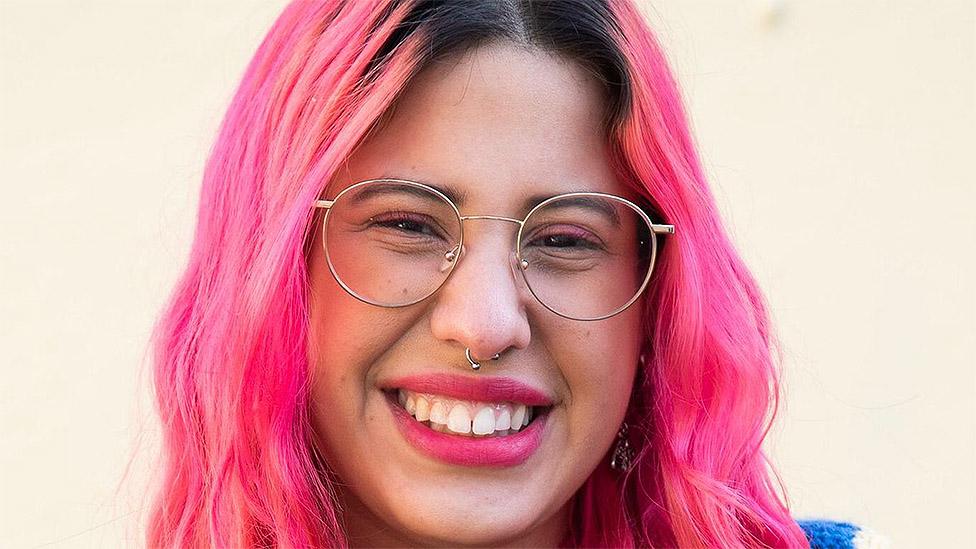Climate: What do young campaigners want to see in 2023?
- Published
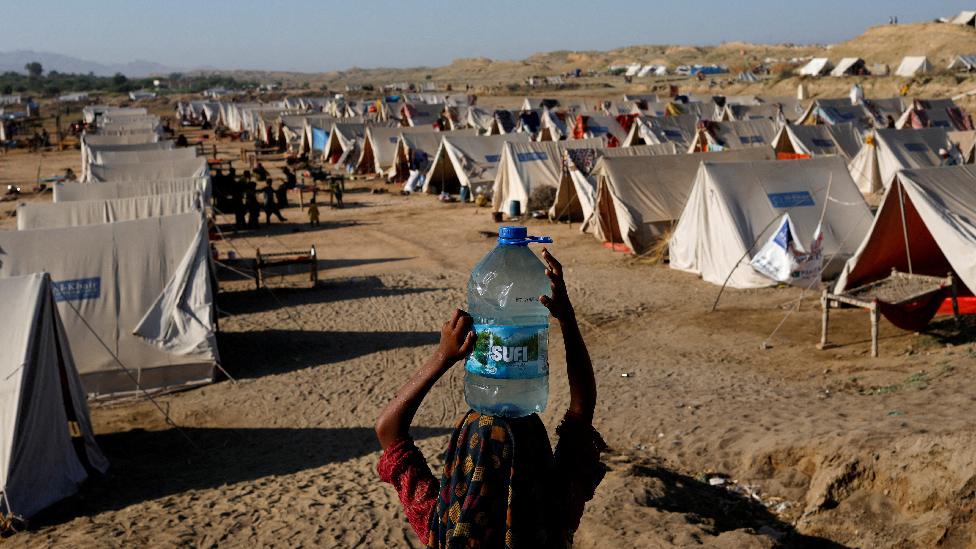
Thousands of people have been displaced after floods ravaged parts of Pakistan in 2022
We've left a year of weather extremes - a scorching summer, milder than usual autumn and some bitterly cold spells to round out 2022.
In terms of the weather it was the UK's warmest year on record, and the UK Met Office says this year will be warmer.
It's all being linked to climate change - an issue which continues to dominate as the weather becomes more unpredictable.
At last year's COP27 summit world leaders pledged to do a number of things in an attempt to limit the effect we have on the planet.
But some young people don't think they're doing enough, and Newsbeat's spoken to three activists from around the world who are united by one thing - their mission to tackle the climate crisis.
'We need leaders to deliver'
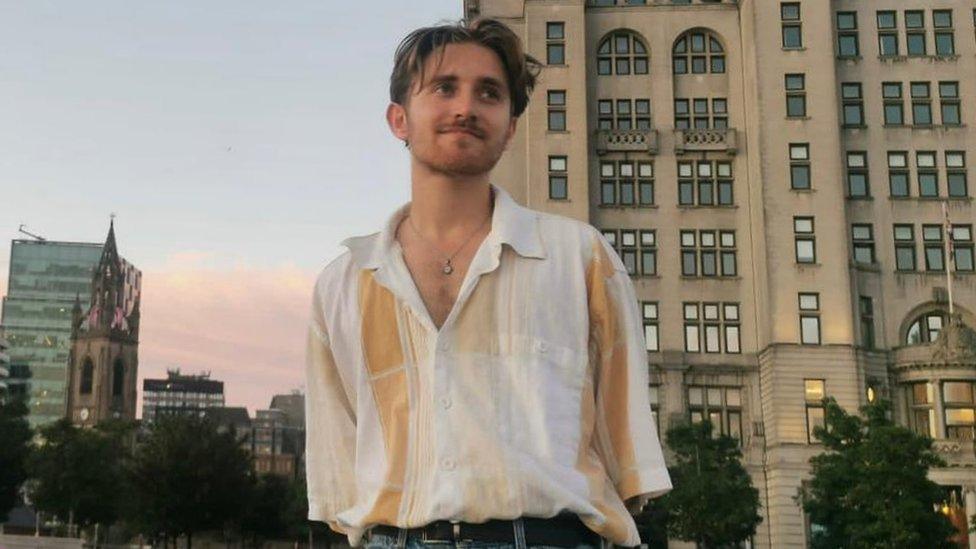
Activist Josh, 23, from Liverpool, is determined to do more to tackle the climate crisis and takes part in everything from community cook-ins to putting on climate workshops in schools.
"We talk about how unusual the weather is but we're not talking about the cause behind it. Just by reminding people it's because of climate change is a form of activism.
"It's those who are most vulnerable or part of marginalised communities that tend to be hit worst by these impacts. Here in the UK, it's those who can't afford to go out and buy air conditioning during the heatwaves and heat their homes for the cold snaps in the winter that are most affected."
He feels people need "to come out on the streets and call on world leaders for radical climate policies here and now".
Josh added: "This is an emergency and it's not being treated like an emergency.
"My priority for COP28 this year is for the leaders to listen. They are claiming to listen and will get their photo ops, sometimes if you're lucky they'll take policy documents and say 'this is great' and then they go back to their country, like in the case of the UK, and approve more coal mines. They are afraid to actually deliver on what they're promising.
"For me, it's also about fairness. My responsibility is to act in solidarity with other young people around the world who are feeling the harshest effects of climate change."
Since he became prime minister, Rishi Sunak has urged countries around the world to seek clean growth.
He made this comment at COP27, which he initially said he would not attend, before changing his mind after criticism.
Following this, last month Conservative minister Michael Gove approved plans for the UK's first coal mine in 30 years.
Many people, including some in his own party, criticised this, but supporters said it would create jobs and reduce reliance on foreign coals.
Mr Sunak also ditched plans to make it easier to build onshore wind farms.
But the government says the UK has boosted its "renewable energy capacity by 500% since 2010 - with 40% of our power now coming from cleaner and cheaper renewable sources".

Analysis
By Matt Taylor, BBC weather team forecaster
The Met Office already believes that this coming year could be even warmer than the year that's just gone, which provisionally was the warmest recorded in the UK.
Part of that could be because of changes in the oceans around the Pacific. We've been experiencing La Nina over the last few years, where colder waters dominate in the Eastern Pacific. It actually helps to cool the planet, though we've not really seen that.
If we start to lose that La Nina influence, which is expected, then global temperatures could lift even further.
We've already seen 10 years of the temperature being at least 1C above average. There are no signs of that slowing either. We've already seen the influence on melting glaciers, and the Greenland ice sheets are also melting at a rapid rate.
It all points to our human influence - we're continuing to put more greenhouse gases into the atmosphere. Carbon dioxide levels during the last year have been higher than ever recorded. Unless we do something, we're not going to be able to slow things down.

'We need more education'

Iranian-American activist Sophia, 21, came face to face with the world's top political figures when she delivered a speech at COP27 in Egypt last year. She's also the UN's youngest climate adviser, admitting the work is far from done.
"We went from historic heat in the summer to extreme chills this winter. It has been disheartening to see. The Met Office's warning reaffirms the urgency - the longer our politicians take, the worse these climate-induced disasters will be. The California droughts and wildfires have been incredibly eye-opening.
"It's a worry for people from my generation knowing we're already experiencing the impacts of the climate crisis 3x higher than our grandparents."
Sophia realised there was "a low level of climate literacy among my relatives in Iran" and says her activism focuses on "making climate education more accessible".
"Most major UN climate reports are only available in six languages which is less than half the world's populations," she said.
"Marginalised communities need access to climate education the most because they're being disproportionately impacted."
'People are dying'
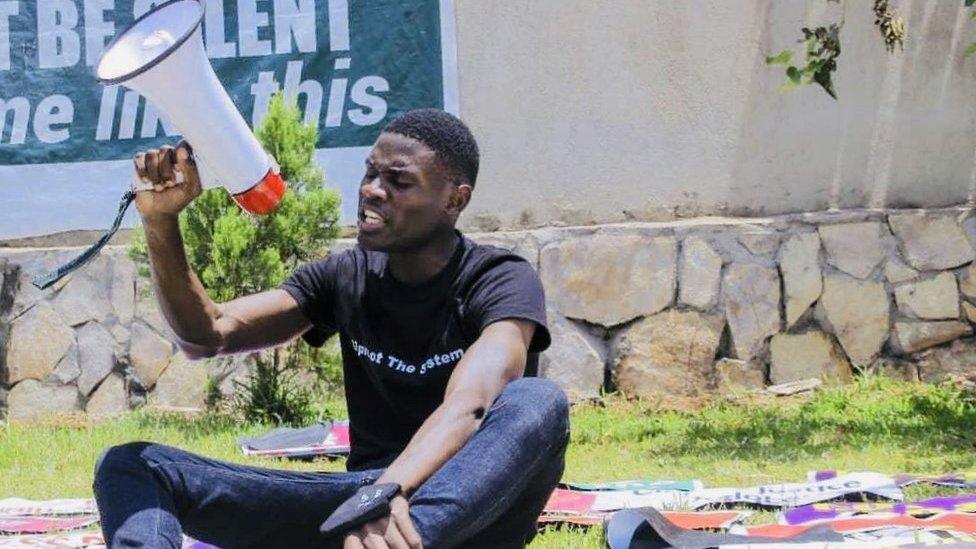
Nyombi, 24, has a personal connection to the effects of climate change after he and his family lost their home and farm to flooding in Uganda a few years ago.
"We are still suffering from what happened with the flooding and have never recovered the land we lost. The floods forced over 400 people to be displaced.
"So when I see the floods that happened in Pakistan recently, I'm always worried. I sometimes ask myself, who are these leaders serving? People are suffering and dying. It's not fair."
Nyombi says he sees a lot of talk from world leaders and not much action.
At COP27, one of the big agreements was around funding, with countries pledging to set up a "loss and damage fund" to help poorer nations affected by climate change.
There was also talk about reducing fossil fuel usage, but no firm agreements were reached.
Nyombi thinks this isn't good enough.
"For me, the weather around the world has been alarming and a call to action. For so many of us, this is happening and leaders haven't been acting. I feel worried for countries like Sudan which has the highest number of malnourished children.
"Ahead of COP28, leaders need to stop leaving discussed solutions on paper. We need to talk about how to reduce our dependency on fossil fuels."


Follow Newsbeat on Twitter, external and YouTube, external.
Listen to Newsbeat live at 12:45 and 17:45 weekdays - or listen back here.
Related topics
- Published1 September 2022
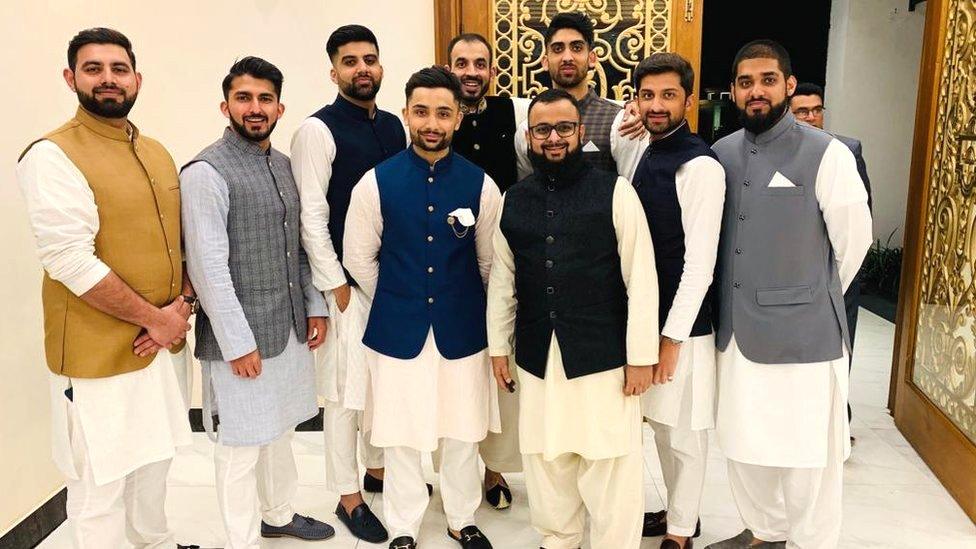
- Published24 November 2022
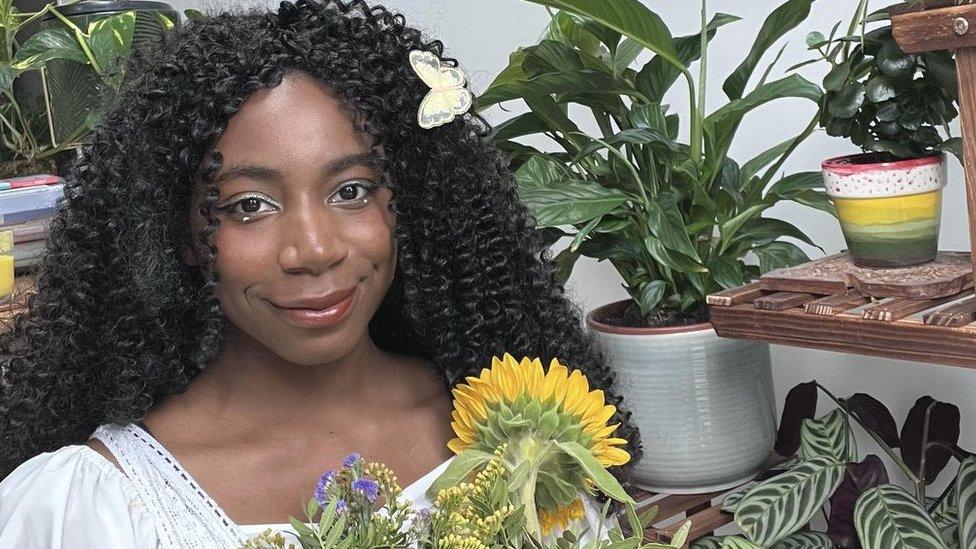
- Published22 June 2022
